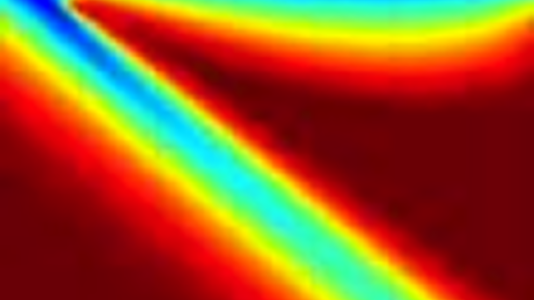
According to the SIAM website, the prize “is awarded by the Society for Industrial and Applied Mathematics (SIAM) and the Association for Computing Machinery (ACM) in the area of computational science in recognition of outstanding contributions to the development and use of mathematical and computational tools and methods for the solution of science and engineering.”
PETSc is a suite of data structures and routines for the scalable (parallel) solution of scientific applications modeled by partial differential equations. The creative product of a team consisting of Satish Balay, Jed Brown, William Gropp, Matthew Knepley, Lois Curfman McInnes, Barry Smith, and Hong Zhang, it has become one of the most widely used numerical software packages of its kind. PETSc currently has over 1,600 users, in application areas ranging from acoustics and arterial flow to seismology and semiconductors.
“We are honored to receive this prize and are deeply grateful to the U.S. Department of Energy for providing long-term funding of PETSc, and our many users who have provided valuable feedback on the design and usage” said Smith, a senior computational mathematician in Argonne’s Mathematics and Computer Science (MCS) Division and the lead designer of PETSc. “With a small, and dedicated, core development team, plus our many open source contributors, we have been able to tackle challenges that face a broad variety of high-performance applications and to find strategies to encapsulate advances in robust software.”
The impact of the PETSc team has been felt not only in the traditional disciplines of engineering and physics but also in emerging fields such as computational biology. Moreover, new work is beginning to address issues in emerging exascale computing environments.
“One of the delights of working with the PETSc group is that legacy is never used as an excuse; new ideas and contributions are always welcome and can effect real change,” said Brown, an assistant computational mathematician in the MCS Division who recently extended PETSc’s ability to handle solvers for ordinary differential equations. “I would especially like to thank the diverse and vibrant user community that stresses PETSc features to the limit and provides feedback we can use to further improve the library,” Brown said.